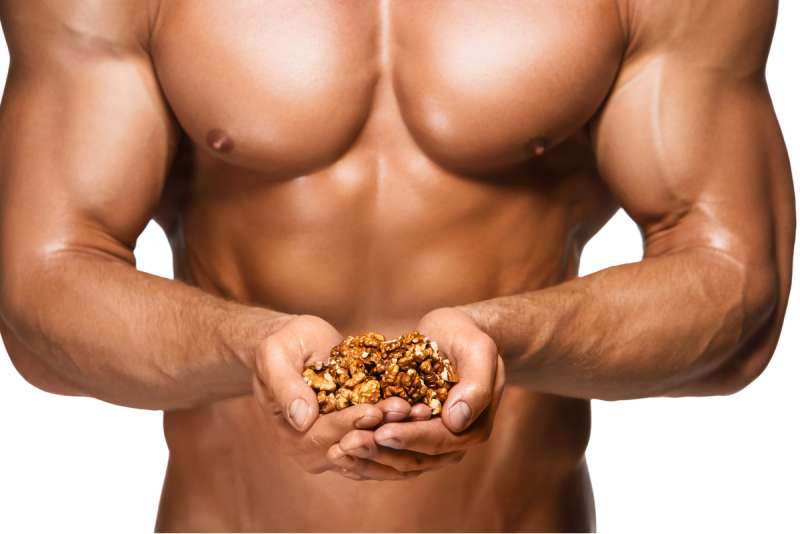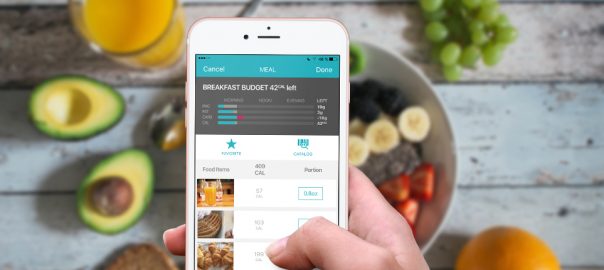In our comprehensive series of posts centered around building muscle, we’ve already covered how to calculate your ideal caloric intake, and its optimal breakdown into protein, fat, and carbohydrate intake levels. But what about vegetarians (and their many variations)? Where can they tap into sufficient protein sources?
In this article, we’ll take a look at the different kinds of primary plant-based food lovers out there, and give some suggestions on how each group can get enough protein to meet their muscle building goals.
Below is the spectrum of plant-based diets (in order of most restrictive to least restrictive):
Vegans
These are the strict plant-based only dieters, and as such, perhaps the group that needs to be most careful when targeting protein levels. The reason isn’t because there aren’t protein sources available; it’s because many many plant-based protein sources don’t have all nine essential amino acids, and all nine essential amino acids are necessary for muscle building. In other words, vegans, need to spend special attention to mixing different plant-based proteins together in order to get the whole set of necessary amino acids. One such combination which does supply a complete set of amino acids for vegans is rice and beans.
keep in mind that vegans don’t need to worry about combining proteins on a meal-per-meal basis in order to get all of the essential amino acids. They just need to ensure that they are getting their multiple sources of protein globally on a daily basis.
Ovo-vegetarians
These are vegans who also eat eggs. Luckily, egg whites are high in protein and low in carbs and fat. If ovo-vegetarians are trying to control calories, they can stick with egg whites. If, on the other hand, they need to up their fat levels, they can add in the egg yolks to hit their fat levels.
Lacto-vegetarians
They are vegans who also eat diary. It’s not too difficult to reach protein levels as there are several high-protein choices to choose from; whey protein and non-fat Greek yogurt, for example are low in carbs and fat yet rich in protein.
Lacto-ovo vegetarians
They are vegans who also eat eggs and dairy. Lacto-ovo vegetarians are able to get sufficient levels of protein provided that they have a few servings of egg and dairy products at each meal.
Note : the good news for ovo-vegetarians, lacto-vegetarians and lacto-ovo vegetarians is that the eggs and / or dairy in their diet are notably high in important amino-acids – such as leucine – which specifically trigger muscle building.
Pescatarians
These are people who eat fish, eggs and dairy. Even more so than the group above, pescatarians, with the inclusion of fish in their diets, have plenty of protein source options to choose from.
Flexitarians (or semi-vegetarians)
They are essentially vegetarians, but once in a while they consume meats, poultry, fish and other animal products. Therefore, getting enough protein in their diets is never a problem.




